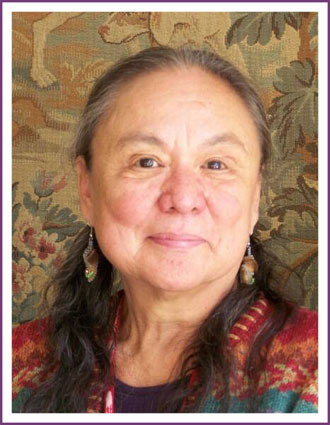ELIZABETH PARENT, "Betty"

• Leadership
• Advocacy
• Mentorship
Inducted: 2017
ELIZABETH PARENT, "Betty"
Elizabeth “Betty” Parent is an educational leader and a trailblazer. She is the first Alaska Native woman to earn a Ph.D., and the first Alaska Native woman to become a full professor. Along the way, she has mentored many and fought for justice for Alaska Native people.
Parent was born in Western Alaska into a blend of Athabascan and Yupik culture. She experienced hardship early in life with the death of her father and two siblings before she reached school age. She took strength from school and developed a deep love of learning. She was encouraged by her beloved aunt, Alice Harris.
She excelled at the University of Alaska in Fairbanks where she was a successful student, an early childhood/Head Start advocate, and the busy mother of three young children.
During the late 60s, she also became involved in community activism for Alaska Native people. She helped found the Alaska Native Club on the UAF campus. She was involved in the early days of the Alaska Native Land Claims and was a founding member of the Tundra Times Board of Directors.
She decided to apply to Harvard University for her master’s degree and was awarded a fellowship. Upon graduation, she pursued her doctorate at Stanford University. Her seminal dissertation on the educational experience of Native people in Moravian missions in Western Alaska is a definitive work on cultural assimilation. She accepted a professorship at San Francisco State University, where she retired as tenured professor emerita in 2000 after 20 years.
Throughout these busy years, Parent raised three successful children- Brian, Siobhan, and Liam Wescott. She also always mentored students throughout Indian Country. The Betty Parent Achievement Award is presented annually to promising Native American students at San Francisco State University.
View Extended Bio